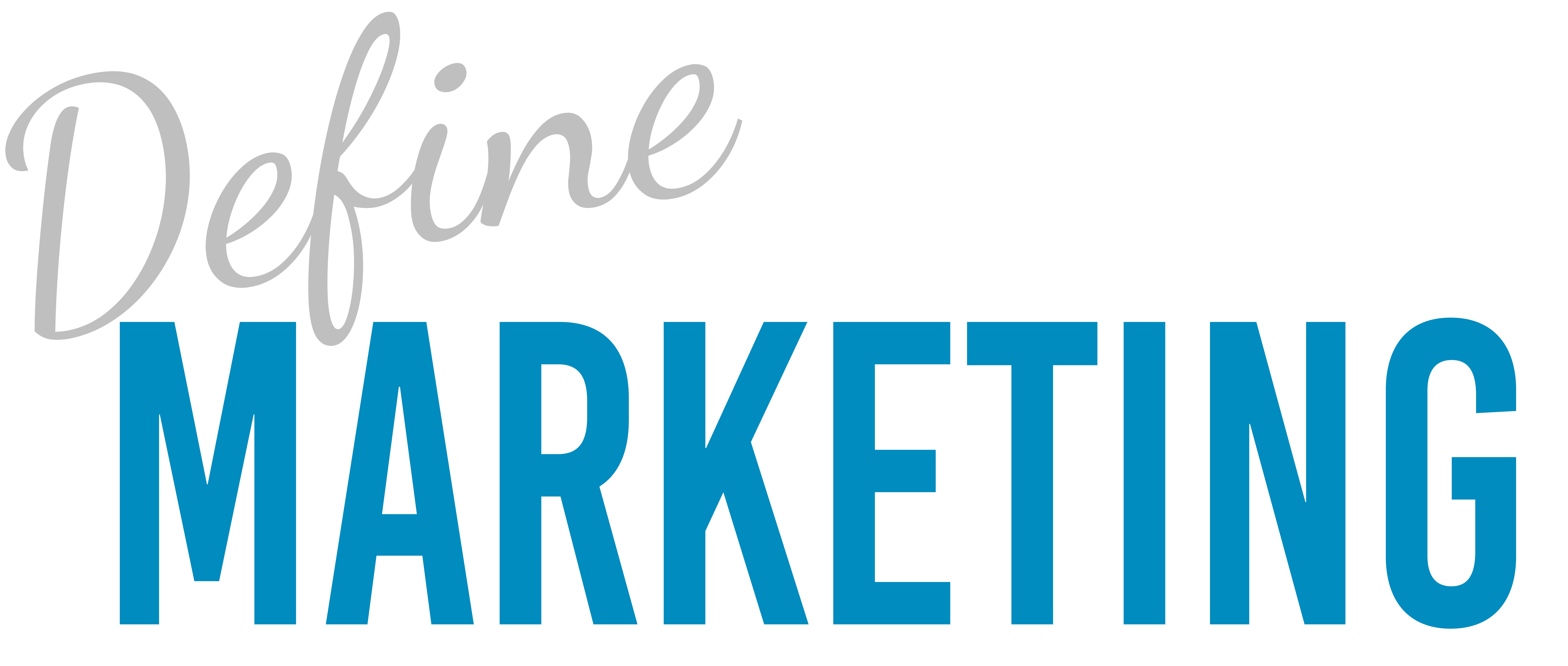With over 4.5 billion people using the internet worldwide, establishing an online presence is essential for your business’s success. A great website is often the first impression your business makes on potential customers. But how do you find the right web designer to bring your vision to life? In this ultimate guide, we’ll walk you through the key qualities to look for in a web designer to ensure they deliver a modern, functional, and SEO-friendly website.
What To Look For in A Great Web Designer
Hiring a skilled web designer is a crucial investment in your business. Here are 16 essential qualities to consider when choosing a designer for your website:
1. Willing to Understand Your Business and Industry
A great web designer takes the time to fully understand your business, target audience, and industry norms. This understanding allows them to tailor the website to your specific needs and market positioning.
2. Strong Planning and Strategy
An effective web designer should have a clear plan and strategy in place. They need to map out the design process and document your requirements using project management tools, ensuring that every step is well-organized and accessible.
3. Ability to Recommend Best Practices
A professional web designer should not just execute your ideas but also recommend the best industry practices. They should enhance your vision with their expertise and help improve your site’s usability and performance.
4. Clear Timeframe and Deadline
Reliable web designers provide a well-defined timeline for your project, including clear deadlines for completion. This helps manage expectations and ensures that your website will be ready when you need it.
5. Relevant Portfolio or Demo Templates
Review the designer’s portfolio for relevant experience in your industry. If they don’t have prior experience, ask for demo templates to get a sense of what your finished website could look like.
6. Expertise in Your Desired CMS
Make sure your web designer is skilled in the CMS platform you want to use, such as WordPress. WordPress powers 39% of all websites, and if you’re aiming for a WordPress-based site, your designer must demonstrate proficiency with it.
7. Responsive Web Design
Your website must be mobile-friendly, especially with Google’s mobile-first indexing. A great web designer ensures your site looks and performs well on all devices, from desktops to smartphones.
8. Knowledge of SEO Best Practices
Your website should be designed with SEO in mind to help it rank on Google and other search engines. A knowledgeable designer will implement SEO best practices such as image optimization, alt text usage, mobile-friendliness, and keyword integration.
9. Understanding of Conversion Optimization
A well-designed website isn’t just about aesthetics—it needs to drive conversions. A great web designer will know how to optimize your site to increase conversion rates, whether it’s through effective calls to action or smooth user navigation.
10. Hosting Services
Some web designers offer hosting services, which can be convenient. If your designer offers this service, ensure they can guarantee uptime, security, and load speed optimization.
11. Website Load Time Optimization
Slow websites lose visitors. Your web designer should be skilled in minimizing load times by compressing files, reducing redirects, and using techniques like caching and content delivery networks (CDNs).
12. Graphic Design Services
Great web designers often offer graphic design services as well, which can be a significant benefit. Clarify who owns the rights to any custom graphics created for your site.
13. Revision Policy
Find out how many revisions your designer offers after project completion. Some designers may charge extra for changes, so clarify the revision terms upfront.
14. Website Maintenance, Backups, and Security
Your website will need ongoing maintenance, updates, and backups. A great web designer should offer a maintenance plan that includes security updates and regular backups to protect your investment.
15. Regular and Emergency Support
After your website goes live, issues can arise. A responsive web designer should be available for regular support and emergency fixes when needed.
16. Transparent Pricing and Flexibility
Pricing is always an important factor. A great web designer should offer clear and fair pricing for their services. If cost is a concern, some designers may offer flexible payment options or packages.
Conclusion
Hiring the right web designer is essential to creating a website that enhances your online presence, engages customers, and drives business success. By considering these 16 key factors, you’ll be better equipped to choose a designer who can meet your needs and deliver a website that helps your business thrive.
If you’re ready to work with experienced professionals who can build a stunning, responsive, and SEO-friendly website, reach out to Define Marketing today at definemarketing.au.


